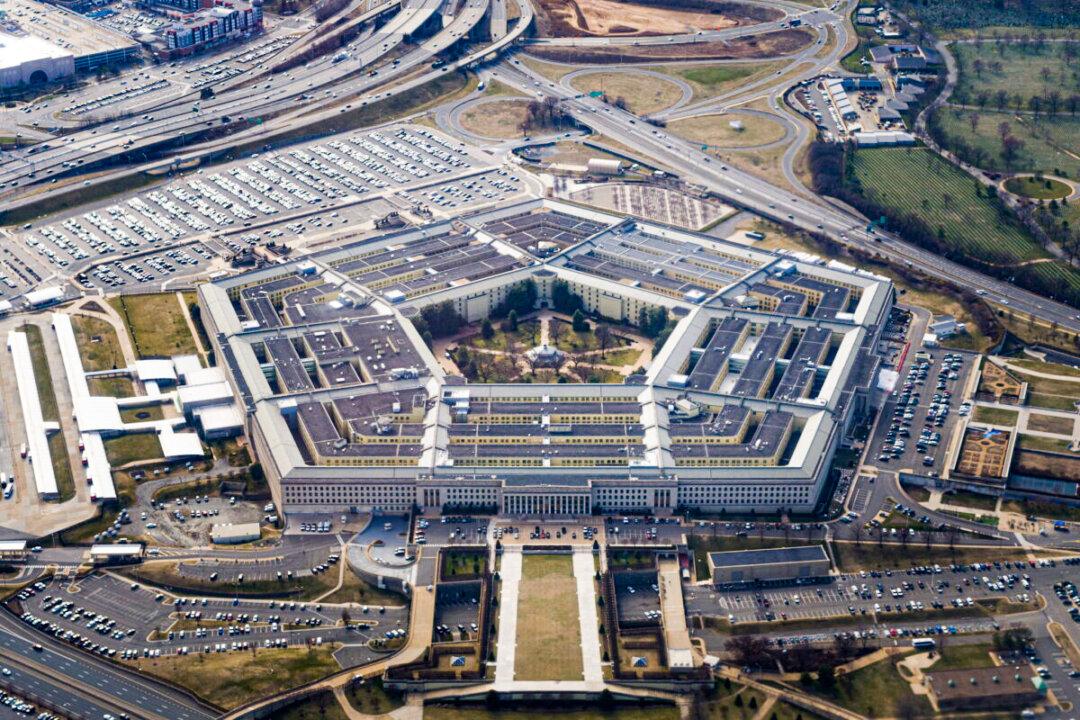The Pentagon’s Joint All-Domain Command and Control (JADC2) initiative, a concept for connecting sensors from all of the military services into a single network, is unlikely to deliver within the timeframe initially hoped for, according to a new report.
Experts believe the Defense Department (DoD) will need to overhaul the program to prevent a decades-long implementation.




